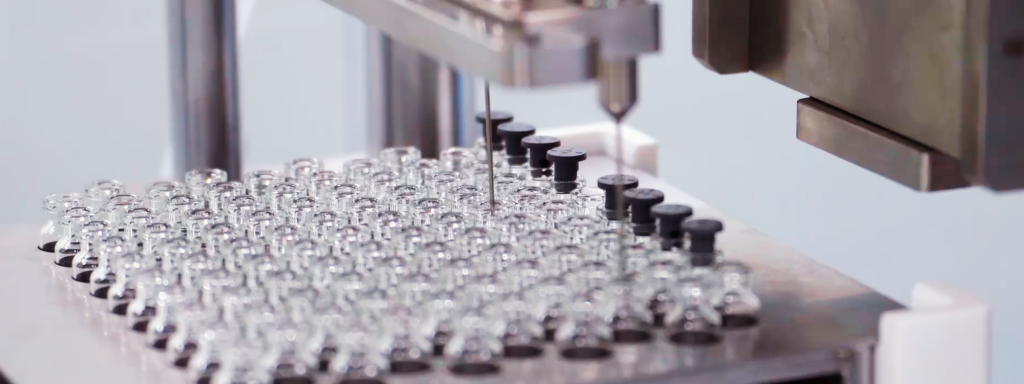The experimental conditions of protease inhibitor test are influenced by various factors, which are directly related to the accuracy and reliability of the test results. Here are some of the main influencing factors:
1. Selection and concentration of inhibitors
Selection of inhibitors: The selection of inhibitors should be determined based on the experimental objectives and the characteristics of the target protease. Different inhibitors have different inhibitory effects and specificities on proteases, so choosing the right inhibitor is crucial.
The concentration of inhibitors: The concentration of inhibitors directly affects their inhibitory effect. Excessive concentration may lead to excessive inhibition, while insufficient concentration may not effectively inhibit protease activity. Therefore, it is necessary to determine the optimal concentration of inhibitors through pre experiments.
2. Sample processing and stability
Sample processing: The collection, storage, and processing methods of samples directly affect their stability and protease activity. It should be avoided to introduce contamination or cause protease inactivation during sample processing.
Sample stability: The sample should be kept stable during storage and transportation to avoid changes in temperature, pH, and other conditions that may cause changes in protease activity.
3. Reaction conditions
Temperature: Temperature is an important factor affecting protease activity. Different proteases have different optimum temperatures, and the experiment should be conducted at the optimum temperature of the target protease.
PH value: pH value also has a significant impact on protease activity. During the experiment, it should be ensured that the pH value of the reaction system is close to the optimal pH value of the target protease.
Ionic strength and buffer: Ionic strength and the type of buffer may also affect the activity of proteases. Choosing appropriate buffer solutions and maintaining appropriate ion strength are crucial for maintaining protease activity.
4. Ratio of enzyme to substrate
The ratio of enzyme to substrate directly affects the reaction rate and the amount of product generated. In protease inhibitor assays, it is necessary to adjust the ratio of enzyme to substrate to ensure that the reaction proceeds within a controllable range.
5. Reaction time
The length of reaction time directly affects the production of products and the inhibitory effect of inhibitors. A too short reaction time may not fully reflect the effect of the inhibitor, while a too long reaction time may lead to non-specific reactions.
6. Standardization of experimental operations
The standardization of experimental operations directly affects the accuracy of experimental results. During the experiment, the operating procedures should be strictly followed to avoid the occurrence of human errors.
7. Solubility and stability of inhibitors
Some inhibitors have poor solubility in solvents, which may affect their distribution and inhibitory effect in the reaction system. Therefore, the solubility of inhibitors should be evaluated before the experiment, and suitable solvents should be selected for dissolution.
The stability of inhibitors is also an important factor affecting the experimental results. During the experiment, the stability of the inhibitor should be ensured to avoid its decomposition or inactivation, which may lead to inaccurate test results.
In summary, the experimental conditions for protease inhibitor testing are influenced by various factors. To ensure the accuracy and reliability of the test results, it is necessary to comprehensively consider the above factors and strictly control them.
August 8, 2024
What are the influencing factors of experimental conditions for protease inhibitor test?
Share on:
Facebook
Twitter
Pinterest
WhatsApp
Recent posts
We recommend


